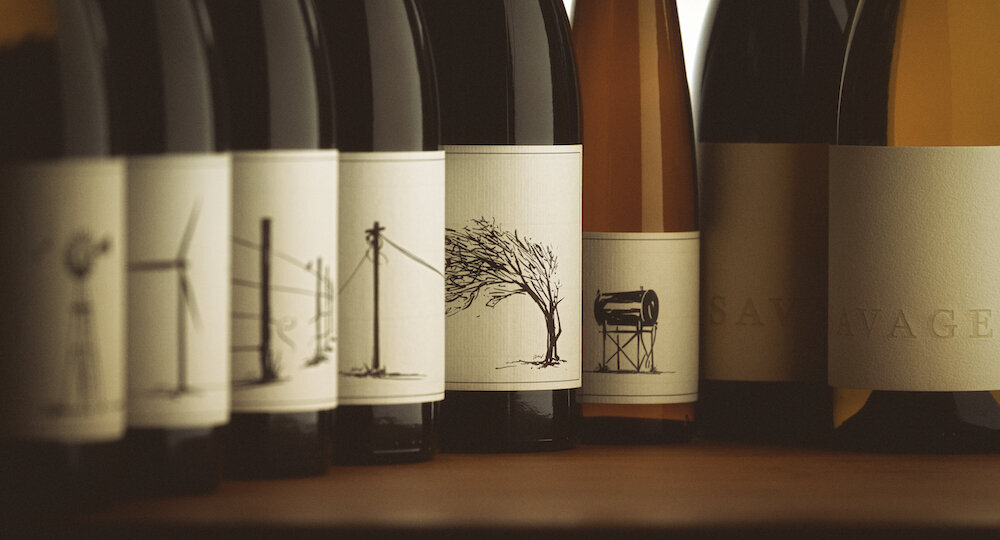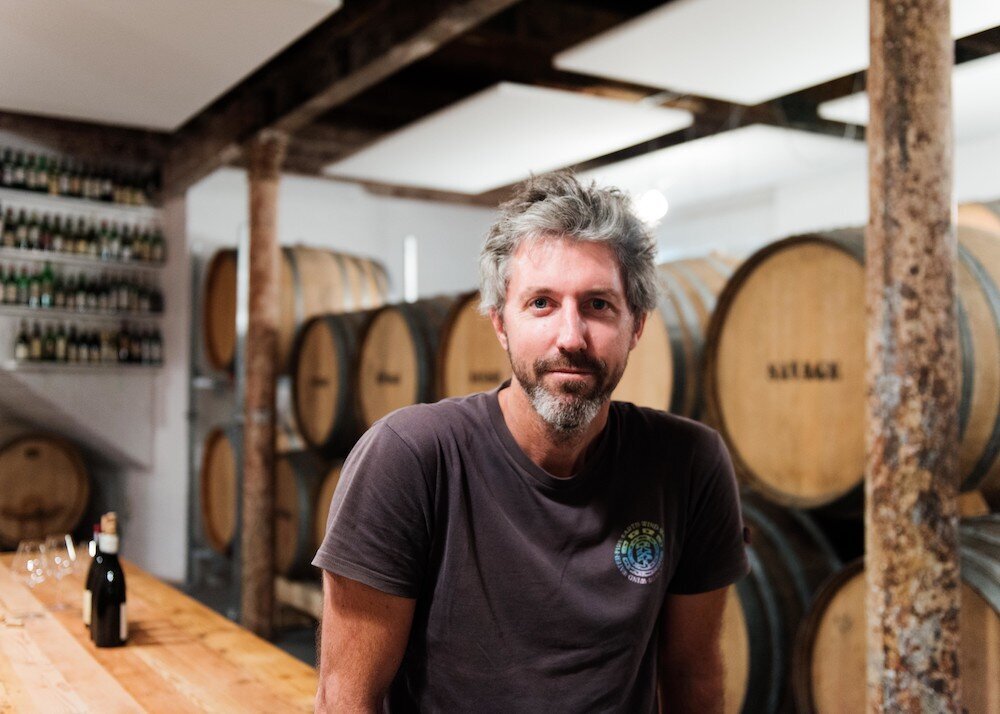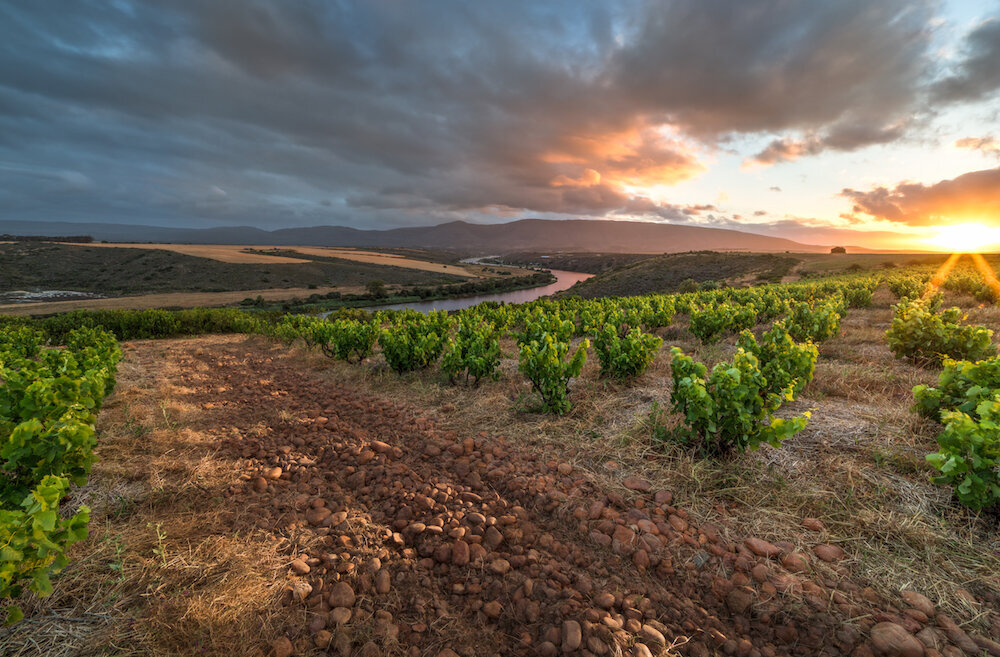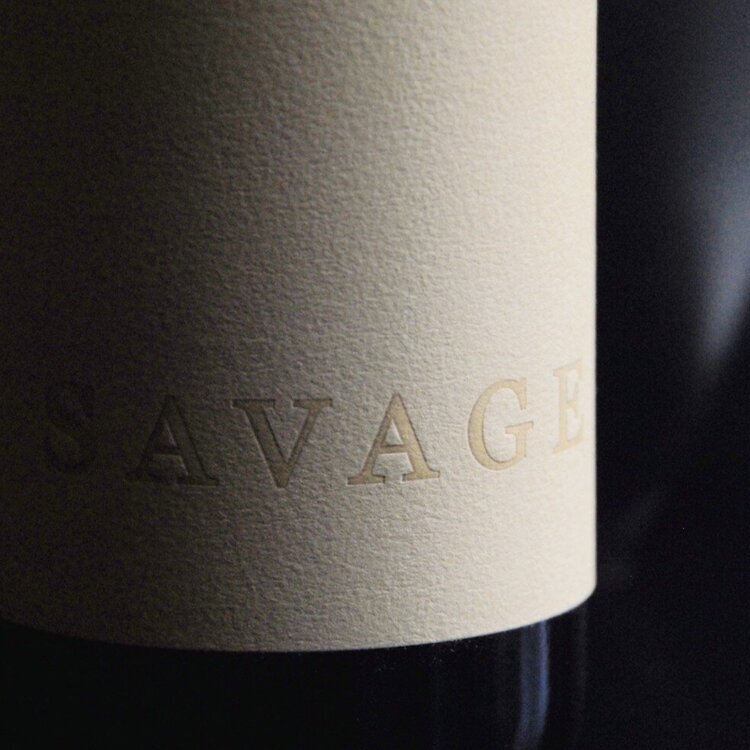Savage | Are We There Yet | 2022
Savage | Are We There Yet | 2022
Something a little different but brilliant if you like plush juicy fruit balanced by chewy tannins. A 50/50 blend of Touriga Nacional and Syrah sourced from another of our producers, Sijnn in Malgas. If you have never heard of Malgas before, it’s a hidden gem on the south coast about 3 hours drive from Cape Town (hence the name of this one) that is quickly developing an outstanding reputation in the wine world. While Touriga Nacional is traditionally used for port in Portugal, we love the bold tannin and black berry fruit it brings to this blend.
Nose & Palate
“The aromatics are seductively dark and alluring with exotic notes of salty blackcurrant, blueberry, black cherry and black liquorice. Wonderfully opulent and expressive, the 2020 reveals a deliciously fleshy, creamy palate with a truly seamless texture, sweet plump velvety tannins and a long saline, maritime tinged crème de cassis finish. The 2019 was more influenced by the Syrah in the blend, lending a certain savoury Côte Rotie feel to the wine. The 2020 however is decidedly more Douro’esque in stature with deliciously opulent Touriga Nacional black- and blueberry fruit characteristics dominating. Drink now and over 10 to 12+ years.” - Greg Sherwood MW
Pairing
Some red meat with a bit of fat but not too salty, beef stroganoff.
Accolades
93 Points - Tim Atkin MW | 95 Points - Greg Sherwood MW | 94 Points - Christian Eedes | 4 1/2 Stars (94 Points) - Platter’s 2022 SA Wine Guide
About the Producer
Duncan Savage is on a constant pursuit of three things in his wine: refinement, elegance and purity. The speed at which he sells out every year is a good clue that he absolutely nails this pursuit in every bottle.
Before launching his own label, Duncan came to know maritime influenced vineyards intimately, working at Cape Point Vineyards for over a decade. As an avid surfer, working at a vineyard next to the ocean was a dream, but he always yearned to do his own thing. Since starting up Savage Wines in 2011, Duncan has been sourcing grapes he believes are most effective in South Africa from mostly maritime and high-altitude vineyards. He develops close relationships with the farmers, focuses on looking for acidity and picking early, producing wines with minimal intervention to let the grapes speak for themselves.










